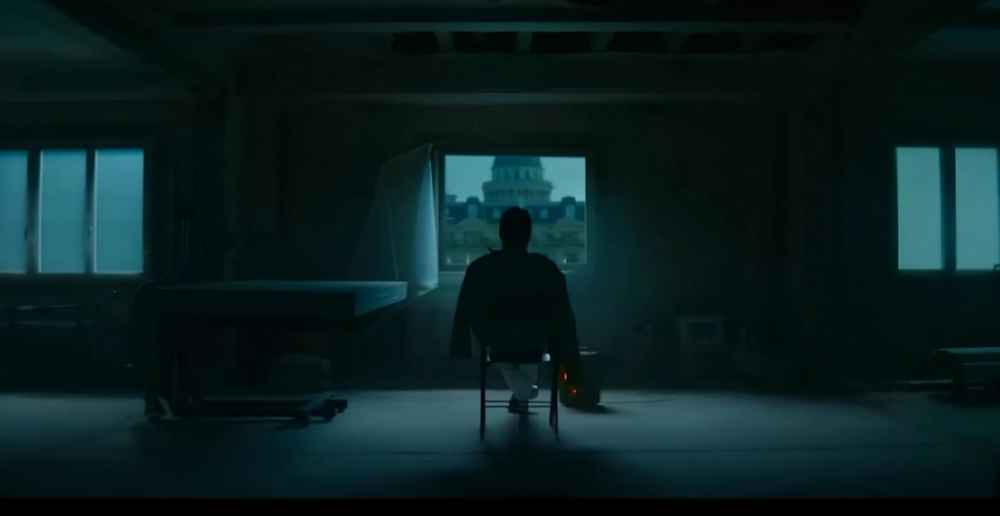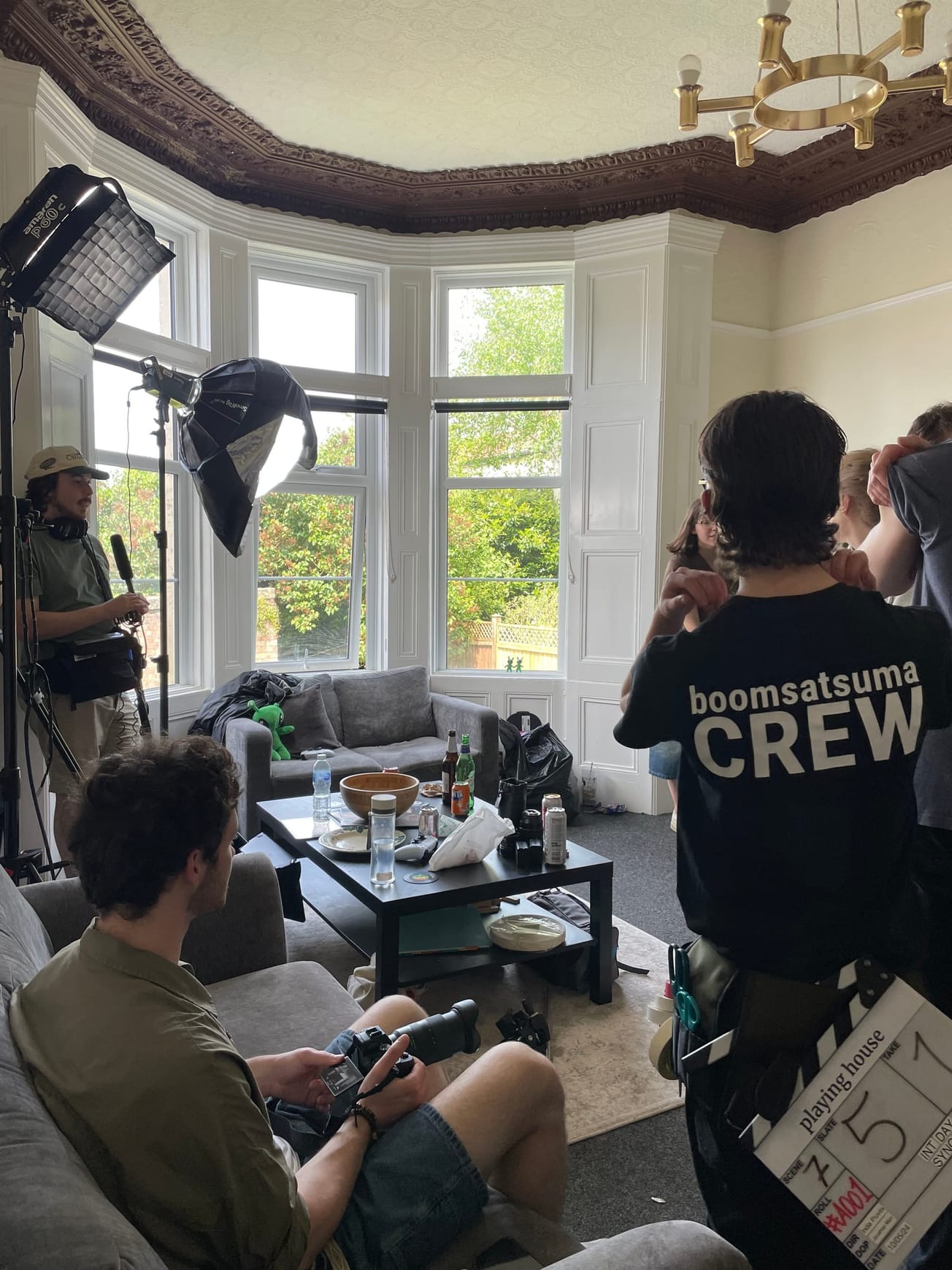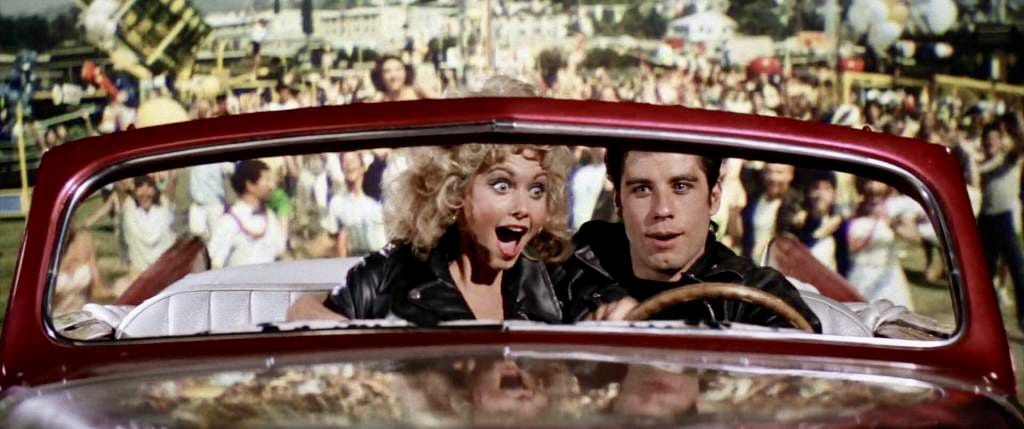By Avalon Vowles, Third Year, Theatre and Performance
The Killer (2023) aims point blank at the realm of neo-noir psychological thrillers and hits the target with typical Fincherian precision. Inspired by the French graphic novel Le Tueur (2020), by writer Matz and artist Luc Jacamon, The Killer tells the story of an unsympathetic and regimented assassin caught up in a murderous rampage in the name of vengeance.
David Fincher reaches back into recognised territory and his innovative and unique fashion of thriller making is certainly reinforced through this 118-minute controlled whirlwind of revenge and introspection.
The opening credits catalyse the tension from the get-go, with film noir-style flashes of a myriad of killing apparatus – snakes, knives, and detonators. This is followed by a prolonged opening sequence, charged with sweltering anticipation. We meet the unnamed hitman, played icily and formidably by Michael Fassbender, through a series of mantra-like instructions on how to enter a killer’s systematic mind: ‘Stick to the plan. Trust no one.’
When suddenly a job goes south, and the scrupulous assassin’s work bleeds into his personal life, he is compelled to take revenge on his employers and associates, one at a time.
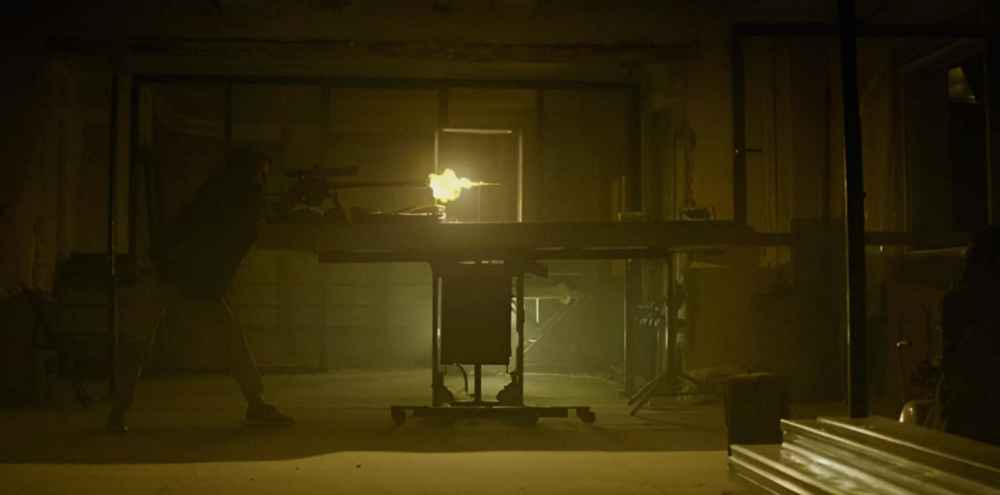
The film is formed by six chapters, each neatly taking place in different locations around the globe, as The Killer ups his carbon footprint in numerous meteoric, transitional flight scenes in order to grasp his victims.
From Andrew Kevin Walker’s screenplay, who also wrote Fincher’s Seven (1995), there are similarities in the stoical and procedural tones of the respective scripts. Fassbender recites a glacial and arid voiceover throughout the film, also comparable to the internal novelistic narration of Fight Club (1999), as we glimpse at The Killer’s methodical and mediative mentality.
A standout component of the film is its soundtrack: half from the explosive original compositions of Trent Reznor and Atticus Ross and completed by the melancholy melodies of Morrissey. The Killer listens to The Smiths to moderate his resting heart rate before a murder and these moments consistently highlight the intricacy of the meticulous sound design. This is most notable in the prominent opening succession, where we hear the vehement ‘How Soon is Now’, from an outsider's perspective of the hitman’s tinny headphones and intensely from his own mind’s eye, whilst locking in a target.
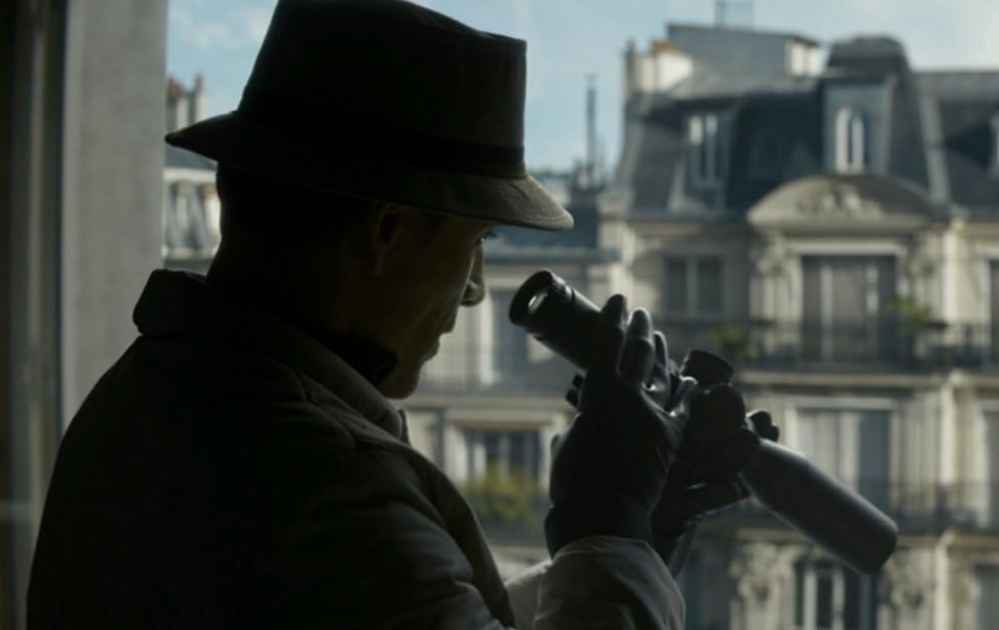
The original music is expertly partnered with the film’s agitating and visually silhouetted, expertly choreographed fight scene between Fassbender and ‘The Brute’ (Sala Baker). The thunderous, bass-heavy, synth drones clap through the exasperated violence, establishing an exemplary underscore for the suspense.
The cinematography of Erik Messerschmidt, along with Fincher’s quintessential muted and gloomy palette, adheres to the film’s voyeuristic and Hitchcockian atmospheres, with the prologue and several subsequent scenes drawing clear parallels to Rear Window (1954). A radiant but volatile dinner scene with a pragmatic cameo from Tilda Swinton, provides a brief tonal shift for a warmer pigment, as The Killer’s clinical disposition is questioned by the fellow assassin. Swinton’s distinctive intrigue and offbeat characterisation make for an inviting performance adjacent to Fassbender’s pragmatic indifference: ‘Forbid empathy’.
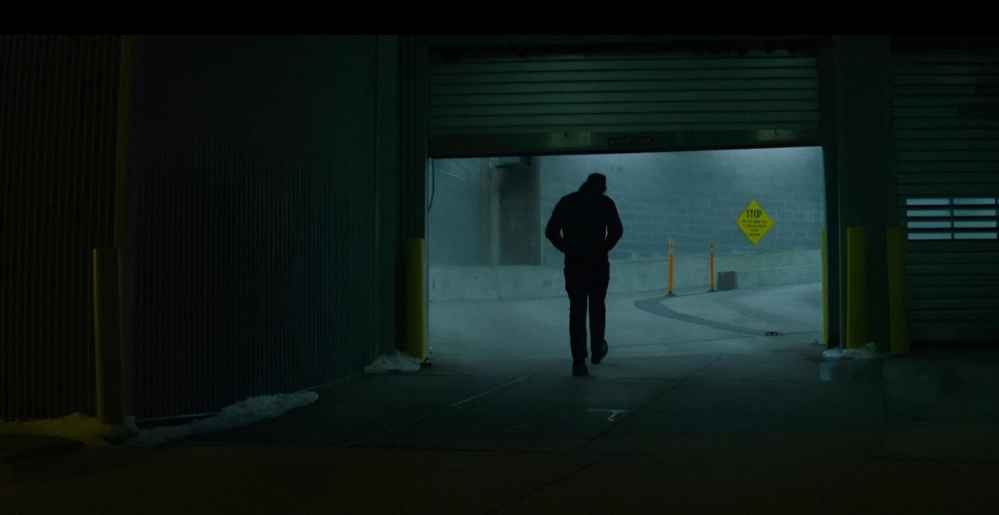
After a promising escalation towards the climax of the film, we wait for the hitman to exterminate his final target. As Fincher is renowned for monumental, plot-twist endings, The Killer’s pinnacle turns out to be seemingly anticlimactic. In its un-amplified and understated conclusion, the film seems to contradict The Killer’s own quotation of ‘leave no loose ends’, as that’s directly what Fincher does. However, on top of its triumphs in editing and composition, the film remains an exemplarily crime thriller, maybe just not up to the masterful standards of Fincher’s previous works - he has given himself a lot to live up to.
Featured Image: IMDB

